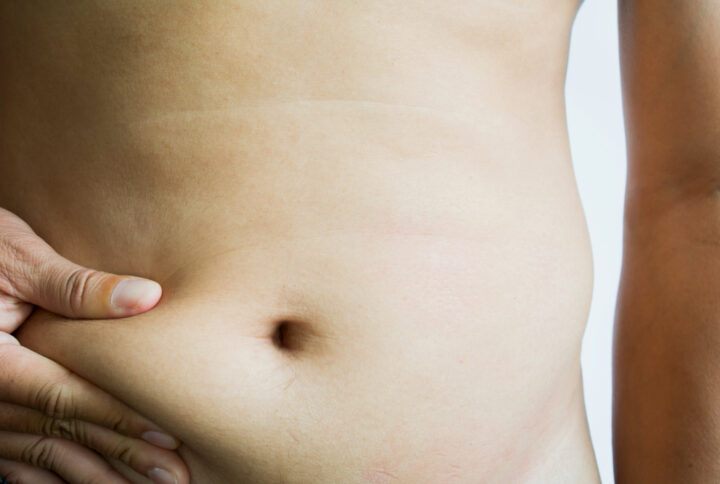
Obesity is prevalent in the U.S. but through research and advanced surgical treatments like the gastric bypass, we are working to combat this. We realize that obesity is not just a weight problem. It is a chronic condition that affects the entire body.
Gastric Bypass Surgery
Gastric bypass is a bariatric surgery. During the procedure, the physician makes changes to stomach and small intestine. This changes the amount of food the stomach holds, as well as the way you absorb and digest food.
It aids weight loss by restricting the amount of food you can eat, limiting the calories and nutrients you absorb, and changing the gut hormones to help you feel full longer.
Roux-en-Y Gastric Bypass
This is the most common type of bariatric surgery. During the procedure, the surgeon will:
- Make as mall stomach pouch, about the size of an egg.
- Then the small intestine is divided, and the bottom portion is attached to the new stomach pouch.
- Then, the top portion of the small intestine is attached to small intestine further down. This allows stomach acid and digestive enzymes to eventually mix with the food you ate.
Do I Need Gastric Bypass?
There are several advantages to this procedure. In the short term, most people lose 60-80% of their excess weight loss. It also offers long term results, with most people maintaining at least 50% of their weight loss. The procedure is also a great way to resolve obesity-related health conditions like type 2 diabetes or high blood pressure.
Some of the disadvantages of this procedure are that you will need to take vitamins for life after your surgery. If not, you could develop vitamin/mineral deficiencies. This is especially true for vitamin B12.
You will not be allowed to take aspirin or other NSAIDS after your surgery, and gastric bypass has a slightly higher complication rate than sleeve gastrectomy. However, with proper care and precautions, most complications can be avoided.
After Gastric Bypass
For the first month after surgery, you will only be able to eat small amounts of soft food and liquids. Gradually, you will be able to add solid food back into your diet. You will feel full very quickly, after eating just two tablespoons of food. For this reason, your physician may recommend that you take additional nutritional supplements.
You can expect to lose between one-half and two-thirds of your excess body weight in the first two years after your surgery.
In most cases, people continue to lose weight for about 18 months before it stabilizes. Your care and recovery are important to us and we will work hard to ensure that the process is as easy as possible.
Latest News
Recent Posts About Our StroreWill Insurance Cover Bariatric Surgery?
Will insurance cover bariatric surgery? Keep reading to find out!
What Is the Minimum Weight for Bariatric Surgery in Vienna, Virginia?
Let’s be honest – even in the best of situations, losing weight is hard.
What Is the Safest Weight Loss Surgery by a Bariatric Surgeon in Virginia?
Bariatric surgery can be an effective way of overcoming obesity.
How Long Does a Gastric Sleeve Last After Weight Loss Surgery?
If you’re overweight and feel like you’ve tried every diet and exercise fad with no results, you may be considering a...
Weight Loss Surgeon in McLean, Virginia
Bariatric surgery is an awesome and effective step towards weight loss. However, with big weight loss comes big lifestyle changes.
Top Bariatric Surgeon in McLean, Virginia
Navigating the endless world of fad diets and trying one product after another is overwhelming.






